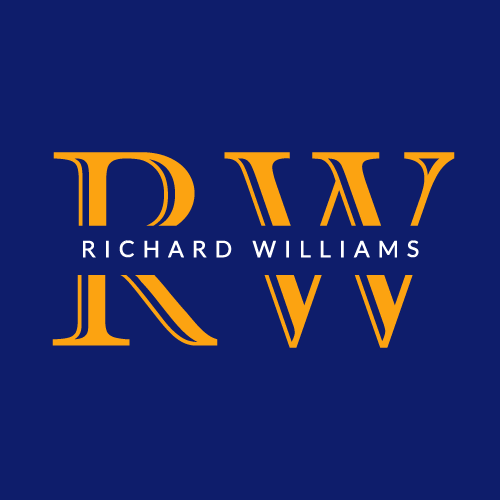From the Archives: Defining ‘Natural’ Is a Waste of FDA Resources
Some ideas are too good to stay in the dustbin. Here's an old piece of mine I think you'll like, and there'll be another every other week.
This piece was originally published in The New York Times.
The Food and Drug Administration would have to spend a few years and thousands of human hours defining “natural” when it comes to food. And since most of what people want to avoid by eating "natural" food has no basis in science, the F.D.A. should not get involved.
Some people want to avoid anything that’s been genetically modified, despite the fact that it is safe and farmers have been modifying foods for thousands of years, all the way back to the Babylonians who used yeast to make beer, and the documented benefits of this technology. Others are worried about preservatives, though it’s not clear that modern supermarkets could exist without them. Still others want the F.D.A. to label sugar as "natural" and high fructose corn syrup as "artificial" but that only benefits sugar manufacturers, not consumers.
If people want to eat “natural” foods, let the market sort it out. There is a myriad of information available on the Internet that helps consumers make choices depending on their preferences. Additionally, high-end supermarkets act as natural sheriffs and can police these products much more efficiently than federal inspectors ever could.
Rather than trying to standardize a definition of “natural” by sorting through conflicting public opinion, the F.D.A. should remain focused on scientific claims. For example, creating user-friendly nutrition labels is an area where the F.D.A. can play a vital role. Defining “natural” simply doesn’t require the time and money of a federal agency.
